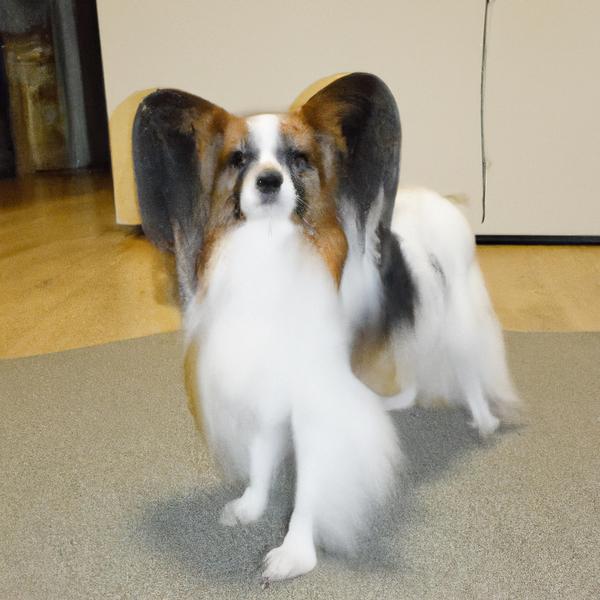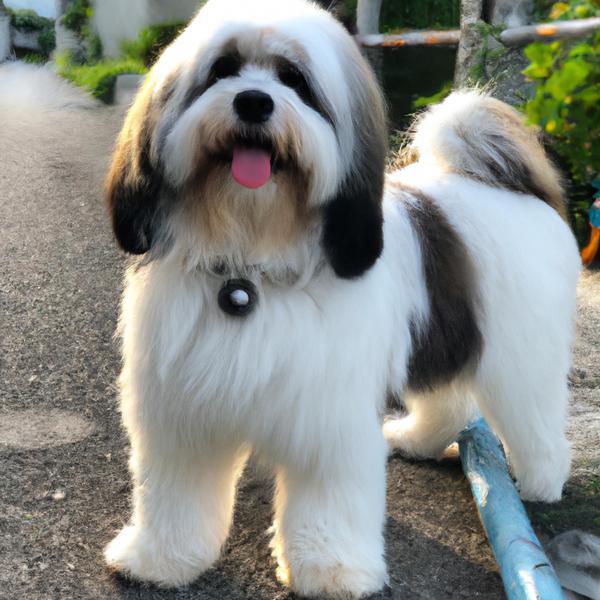Papillon vs. Havashu: Breed Differences and Similarities
Hypoallergenic
Are Papillons or Havashus hypoallergenic, or neither?
Unfortunately, the Papillon is not hypoallergenic, making it not a good choice for a dog lover who suffers from pet allergies.
While no dogs are truly 100% hypoallergenic, Havashus are about as close as it gets, making them an ideal pet if you are an allergy sufferer.
Temperament
What are the personalities of Papillon and Havashu dogs?
Alert
Friendly
Energetic
Happy
Intelligent
Active
Playful
Happy
Courageous
Intelligent
Friendly
Outgoing
Responsive
Affectionate
Lively
Gentle
Companionable
Sturdy
Amiable
Charming
Shedding Level
Do Papillons shed more than Havashus, or which breed sheds more, Papillons or Havashus?
Papillon or Havashu will shed a negligible amount of hair. Some owners say that they do not shed, but that is not true. But the amount of shedding can be rather light than other dog breeds. If you do not want to deal with the hairs flying around in your home, then this breed is a perfect choice for you.
Watchdog Ability
Which dog breed makes a better watchdog, the Papillon or Havashu?
Papillons are decent watchdogs - they'll alert their owner if something seems amiss.
Havashus aren't great guard dogs; they tend to just watch without taking action.
Origin
What is the origin of Papillon and Havashu dog breeds?
France
United States
Ancestry
What are the origins of Papillon and Havashu breeds?
spitz, spaniel
Havanese and Shih Tzu
Breed recognition
Which kennel clubs recognize/register Papillon and Havashu?
American Canine Registry
American Kennel Club
America's Pet Registry
Canadian Kennel Club
Dog Registry of America Inc.
Federation Cynologique Internationale
Kennel Club of Great Britain
North American Purebred Registry, Inc.
American Canine Association, Inc.
Australian National Kennel Council
Continental Kennel Club
National Kennel Club
New Zealand Kennel Club
United Kennel Club
ACHC = American Canine Hybrid Club
DBR = Designer Breed Registry
DDKC = Designer Dogs Kennel Club
DRA = Dog Registry of America, Inc.
IDCR = International Designer Canine Registry®
Date of Birth
When were Papillon and Havashu breeds first developed?
1500
Unknown
Eye Color Possibilites
What are the eye colors of Papillon and Havashu dogs?
Brown
Brown
Amber
Nose Color Possibilites
What are the natural nose colors of Papillon and Havashu?
Black
Black
Brown
Coat Color Possibilites
What are the natural colors of the coat for Papillon and Havashu breeds?
White
Black
Fawn
Red
Brown
Sable
Brown
Gray
Cream
Black
White
Sable
Coat Length
What is the typical coat length for Papillon and Havashu breeds?
Papillons have longer coats compared to most dogs.
Havashus are known for their coat length.
Coat Density
What is the density of the coat of Papillon and Havashu?
Coat Texture
What is the hair texture of Papillon and Havashu?
Straight
Wavy
Litter Size
What is the usual litter size for Papillon and Havashu?
A Papillon can have a litter of 13-16 puppies on average. However, it's worth noting that the size of the litters can vary greatly. Factors that can influence litter size include the health of the mother, breeding history, and genetics.
A Havashu can have a litter of 1-9 puppies on average. However, it's worth noting that the size of the litters can vary greatly. Factors that can influence litter size include the health of the mother, breeding history, and genetics.
Adaptability
Papillon and Havashus are known for their adaptability and versatility. They are capable of adapting well to a wide range of lifestyle changes and living environments, making them great companions for families and individuals of all lifestyles.
Health Issues
Between Papillon and Havashu, which breed is more prone to health problems?
Papillon and Havashu breeds are generally considered to be healthy. However, like all breeds, they are susceptible to certain health issues and it is important to keep an eye out for them and address them with your veterinarian as needed.
Major Concerns
What are the major health concerns for Papillon and Havashu breeds?
Patellar Luxation
Deafness
Hip Dysplasia
Mitral Valve Disease
Patellar Luxation
Chondrodysplasia (Chd)
Bladder Stones
Mitral Valve Disease
Minor Concerns
What minor health issues should be kept in mind when owning Papillon and Havashu?
Progressive Retinal Atrophy
Cataracts
Von Willebrand's Disease
Follicular Dysplasia
Bone And Joint Problems
Allergies
Occasional Tests
What occasional tests are recommended for Papillon and Havashu breeds?
Knee
Heart
Dna For Vwd
Hips
X-Rays
Eye Examination
Physical Examination
Hearing
Skin Scraping
X-ray imaging
Electrocardiogram
Urinalysis
Complete Blood Work
Full Physical Examination
Energy
How do the energy levels of Papillons and Havashus compare?
Papillons' high energy levels make them unsuitable for a low-key dog, choose accordingly.
Havashus are suitable for those with a balanced lifestyle as they have an average energy level.
Social Needs
Papillon vs Havashu social needs comparison
Papillon and Havashu have very high social needs. These needs include regular mental and physical stimulation, a job or purpose, and companionship. They thrive in environments where they have a lot of interaction with humans and other dogs.
Exercise Needed
Papillon vs Havashu exercise need comparison.
Papillons need high physical activity and are ideal for active individuals, but not suitable for sedentary lifestyles or small apartments.
Havashus need moderate physical activity and are great for families and active individuals.
Sleeping Need
Which of the two sleeps the most/least: Papillon or Havashu?
Papillons sleep less than other breeds but still need adequate sleep for good health.
Havashus are known for their relaxed and calm nature and enjoy long periods of sleep.
Tendency to Bark
Do Papillons or Havashus bark more/less frequently?
Papillon dogs bark and howl frequently and are not recommended for quiet homes.
Havashu dogs are generally less vocal than other breeds and only bark when necessary, such as to alert their owner or communicate.
Mouthiness
Mouthiness Comparison: Papillon vs Havashu?
Roaming urge
Papillon vs Labrador: Running away tendency?
Prey Drive
Papillon or Havashu - which breed has a higher level of prey drive?
Past times
What are some enjoyable activities and ways to keep Papillon and Havashu entertained?
Walking, Playing, Walk, Sniffing, Catch treats, Off-leash, Chasing Animals, Eating Snacks, Nap
Swim, Chase, Bath time, Brushing, Dressing up, Walking, Cuddling, Playing Ball, Walk, Talk, Eat, Play, Sleep, Fetch, Tug-of-war
Activity Level
Which breed has higher energy, Papillons or Havashus?
Both Papillon and Havashu are medium-energy dogs that enjoy socializing and playing with other dogs. They may engage in casual or sustained games of chase, and occasionally have bursts of barking or racing around the house.
Tolerance of being left alone
Walks per Week
How many miles should Papillon or Havashu walk each week?
There's really no limit to how far you walk your dog as long as they're comfortable. For Papillon, it's at least 7 miles / week. Just remember to build distance and stamina gradually over time.
There's really no limit to how far you walk your dog as long as they're comfortable. For Havashu, it's at least 6 miles / week. Just remember to build distance and stamina gradually over time.
Activity per Day
Do Papillons or Havashus require more exercise?
In general most Papillons usually need at least 45 minutes of exercise daily. This can be spread across the day and include all sorts of high-energy activities, like walking, running and playing.
In general most Havashus usually need at least 60 minutes of exercise daily. This can be spread across the day and include all sorts of high-energy activities, like walking, running and playing.
Grooming
Which breed is easier to maintain in terms of grooming, Papillons or Havashus?
The Papillon requires an average amount of grooming compared to other breeds.
Havashus require significant grooming, including regular trims and professional grooming assistance to maintain their coat. They may also require frequent bathing to keep their coat and skin healthy.
Brushing Frequency
What is the recommended brushing frequency for Papillon and Havashu dogs?
Papillon and Havashu should be brushed at least once a week. Of course, you can give them more frequent brushes if you find that they are still shedding a lot.
Brushing Tools
What brushing tools are used for Papillons and Havashus?
Slicker Brush
Scissors
Clipper
Nail Clipper
Pin Brush
Comb
Deshedder
Nail Clipper
Cups
How much food should be given to Papillon or Havashu in cups?
Papillon and Havashu share the same recommended daily food intake of 1 cups, although the appropriate quantity may vary depending on the quality and nutritional content of their food.
Daily Cost
Which breed has a higher daily cost, Papillon or Havashu?
Papillon and Havashu have a similar average daily cost of around $1.40 - $1.40.
Monthly Cost
Which breed has a higher monthly cost, Papillon or Havashu?
The average per month expenses of a Papillon is between $35 - $42. This makes an average of $420 - $504 per year. It will be on the higher side when the dog is still small because it will need more frequent visits to the vet, shots.
The average per month expenses of a Havashu is between $35 - $49. This makes an average of $420 - $588 per year. It will be on the higher side when the dog is still small because it will need more frequent visits to the vet, shots.
Intelligence
Comparing Intelligence: Papillons vs Havashus
Papillon is highly intelligent and very trainable.
Havashus are average in obedience intelligence but have a high IQ and may cause trouble if left unsupervised.
Sensitivity Level
How do Papillon and Havashu compare in sensitivity?
Papillons have average emotions and adapt well to different situations.
This breed is sensitive and requires gentle handling and a calm home environment.
Affection Dependance
Which is the more affectionate dog breed: Papillon vs Havashu?
Apartment Friendly
Which breed is more apartment-friendly: Papillon or Havashu?
Papillons are good apartment dogs as long as they get enough exercise and stimulation outside of the apartment.
Havashus make excellent apartment dogs, being fairly active indoors and not requiring a yard.
Child Friendly
Do Papillons or Havashus have a friendlier temperament towards children?
Papillon and Havashu are kid-friendly dogs. They are good with children and excellent dogs with children if they are socialized and trained at a young age.
Senior-friendly
Which dog is more suitable as a pet for the elderly - Papillon or Havashu?
Cat Friendly
Do Papillon or Havashu breeds have a better compatibility with cats?
Papillons and Havashus are very cat friendly dogs. They generally make good companions for cats.
Dog Friendly
Which breed is more sociable with other dogs: Papillon or Havashu?
Papillons are less friendly towards other dogs, but can improve with socialization.
Havashus are generally very friendly towards other dogs, with a happy and affectionate temperament.
Pet friendly
How do Papillon or Havashu dogs interact with other pets?
Stranger Friendly
Which breed is more friendly with strangers: Papillon or Havashu?
Papillons are highly friendly around strangers.
Havashus are friendly but may bark at strangers, and training is easy due to their intelligence.
Playfulness
Which breed is more playful between Papillon and Havashu?
Papillons are very playful, so adopting an older one might be a better option for a more relaxed experience.
Havashus are a playful breed that needs daily playtime to be happy.
Trainability
How do the trainability levels of Papillons and Havashus compare?
Papillon and Havashu dogs are known for their ease of training and ability to learn quickly, making them a popular choice for pet owners and trainers alike.
Compare Papillon with other breeds
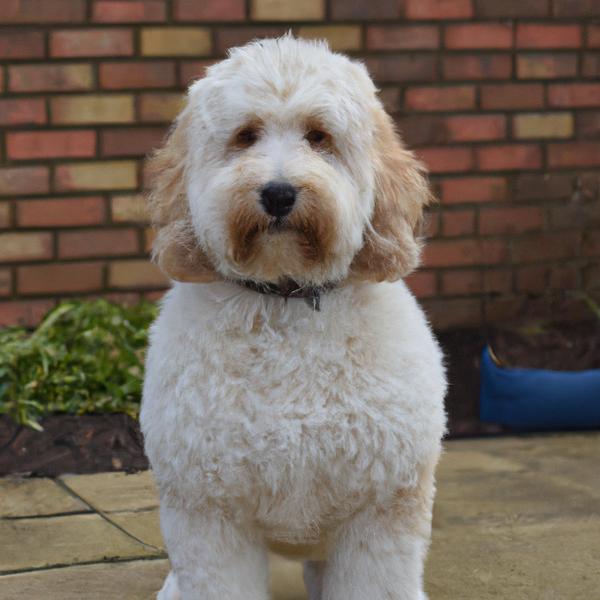
English Boodle
Papillon vs English Boodle
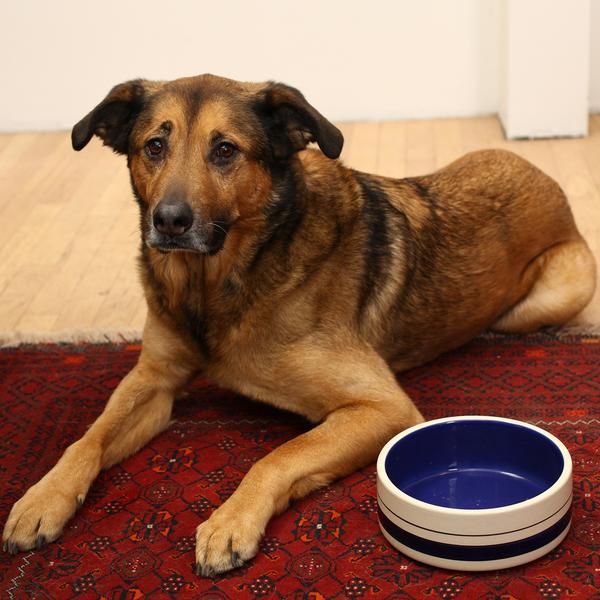
German Sheprador
Papillon vs German Sheprador
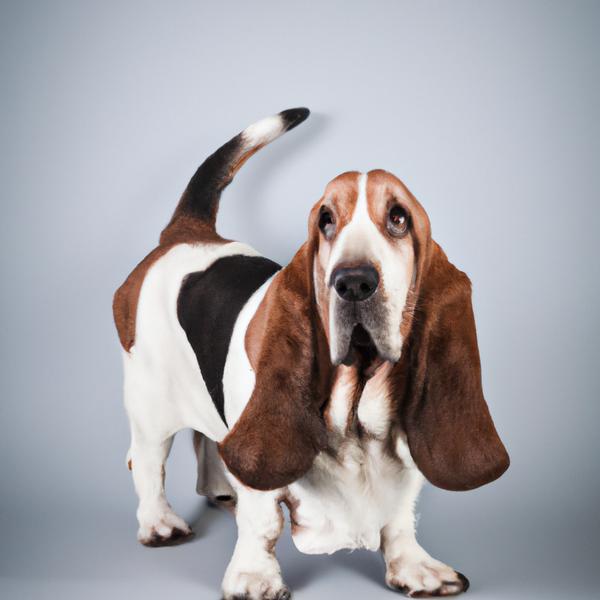
Lha-Basset
Papillon vs Lha-Basset
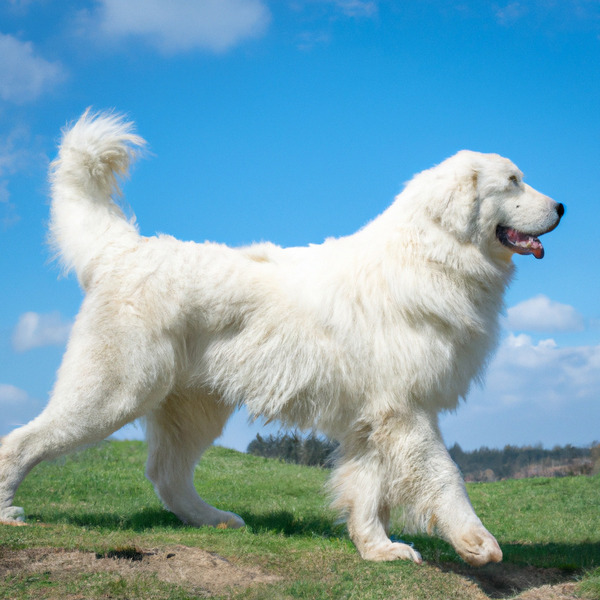
Polish Tatra Sheepdog
Papillon vs Polish Tatra Sheepdog
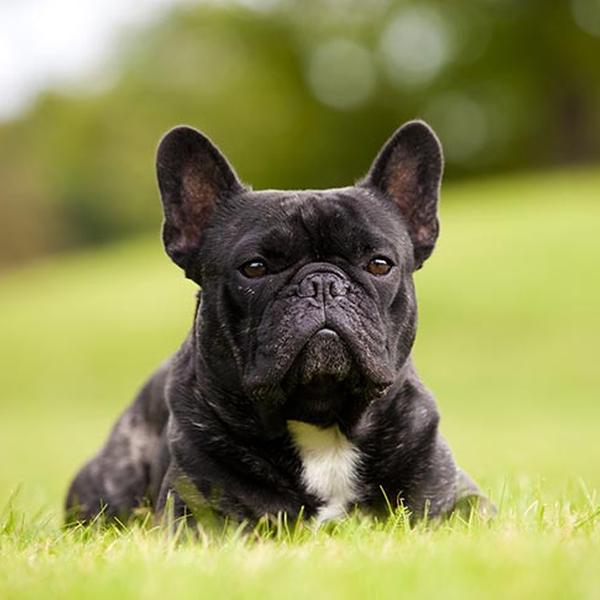
French Bulldog
Papillon vs French Bulldog
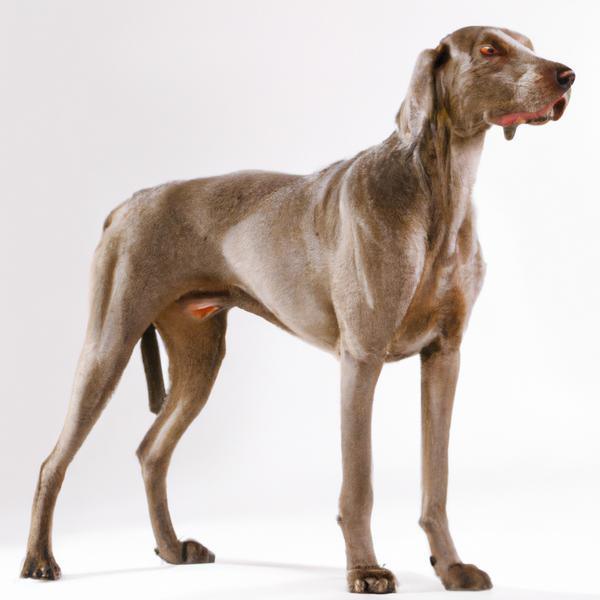
Mauzer
Papillon vs Mauzer
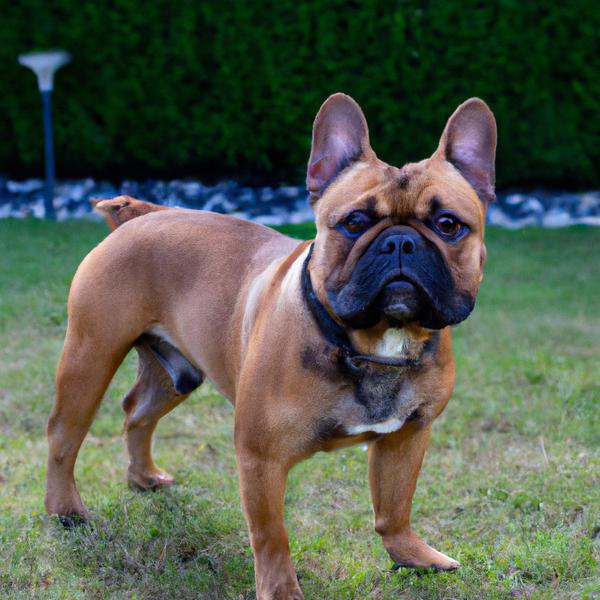
French Masti-Bull
Papillon vs French Masti-Bull
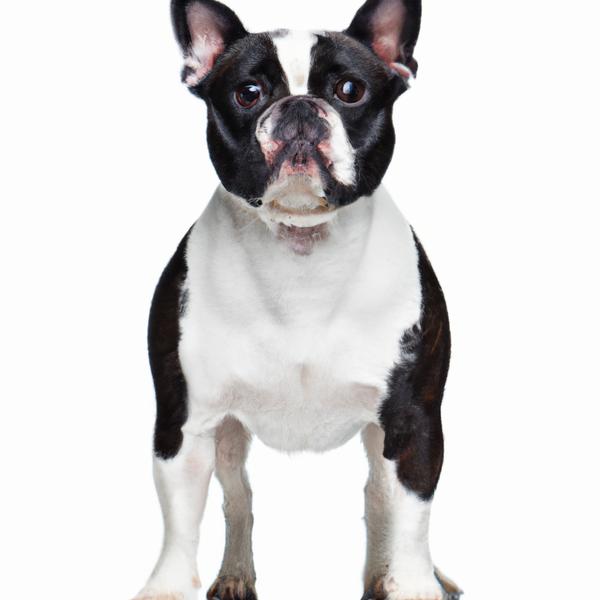
American French Bulldog
Papillon vs American French Bulldog
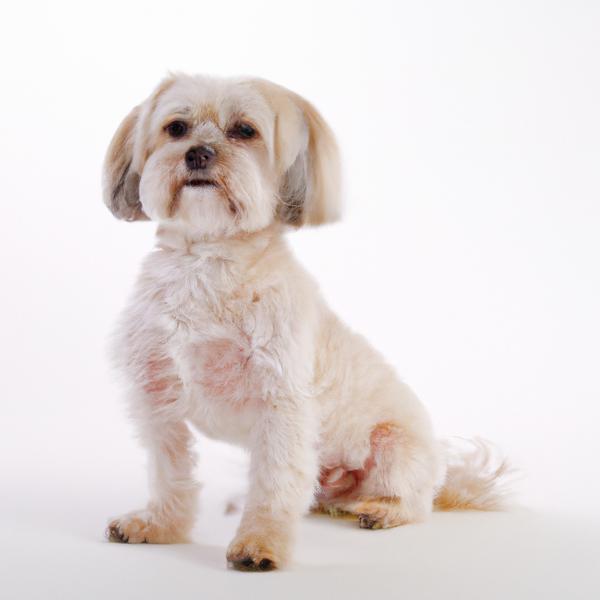
Wee-Chon
Papillon vs Wee-Chon
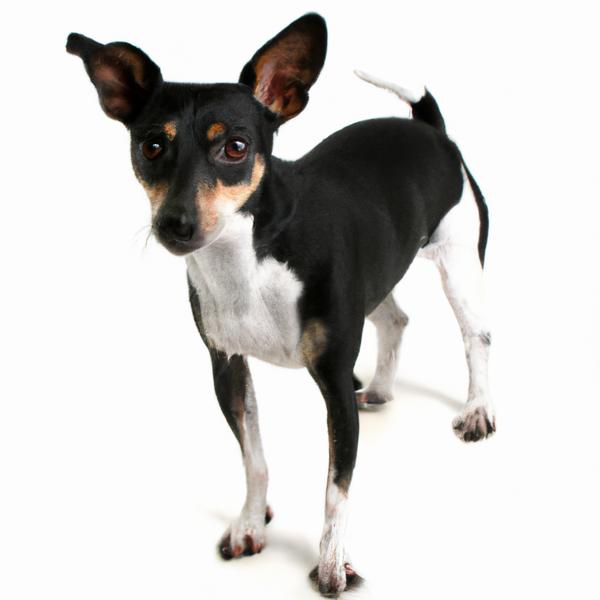
Rat Terrier
Papillon vs Rat Terrier
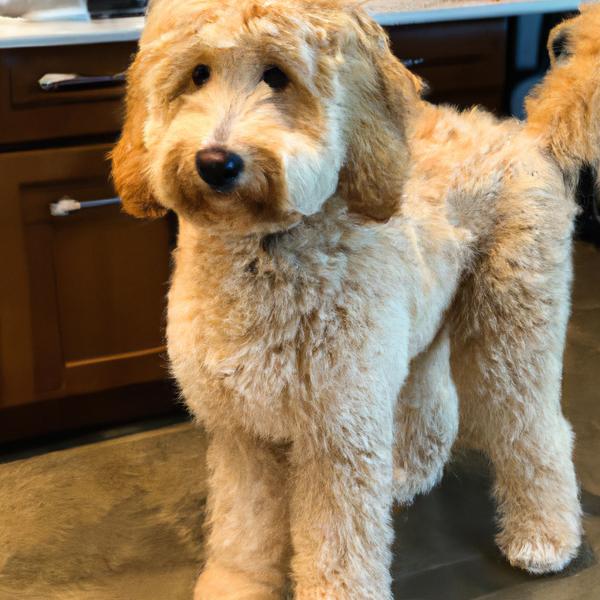
Miniature Goldendoodle
Papillon vs Miniature Goldendoodle
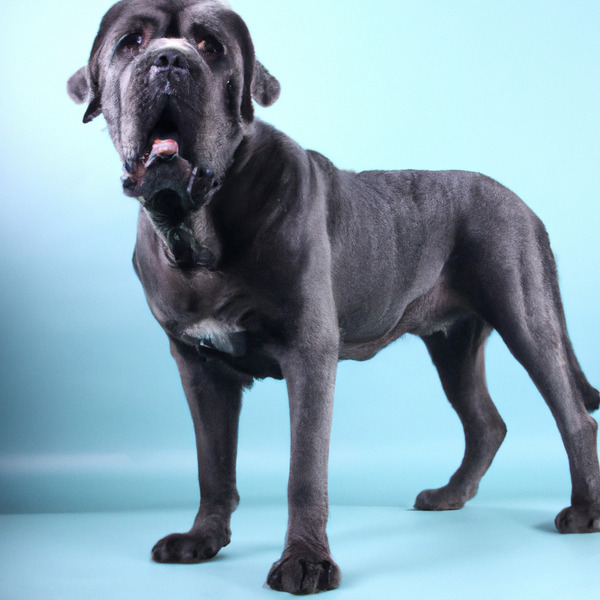
Neapolitan Mastiff
Papillon vs Neapolitan Mastiff
